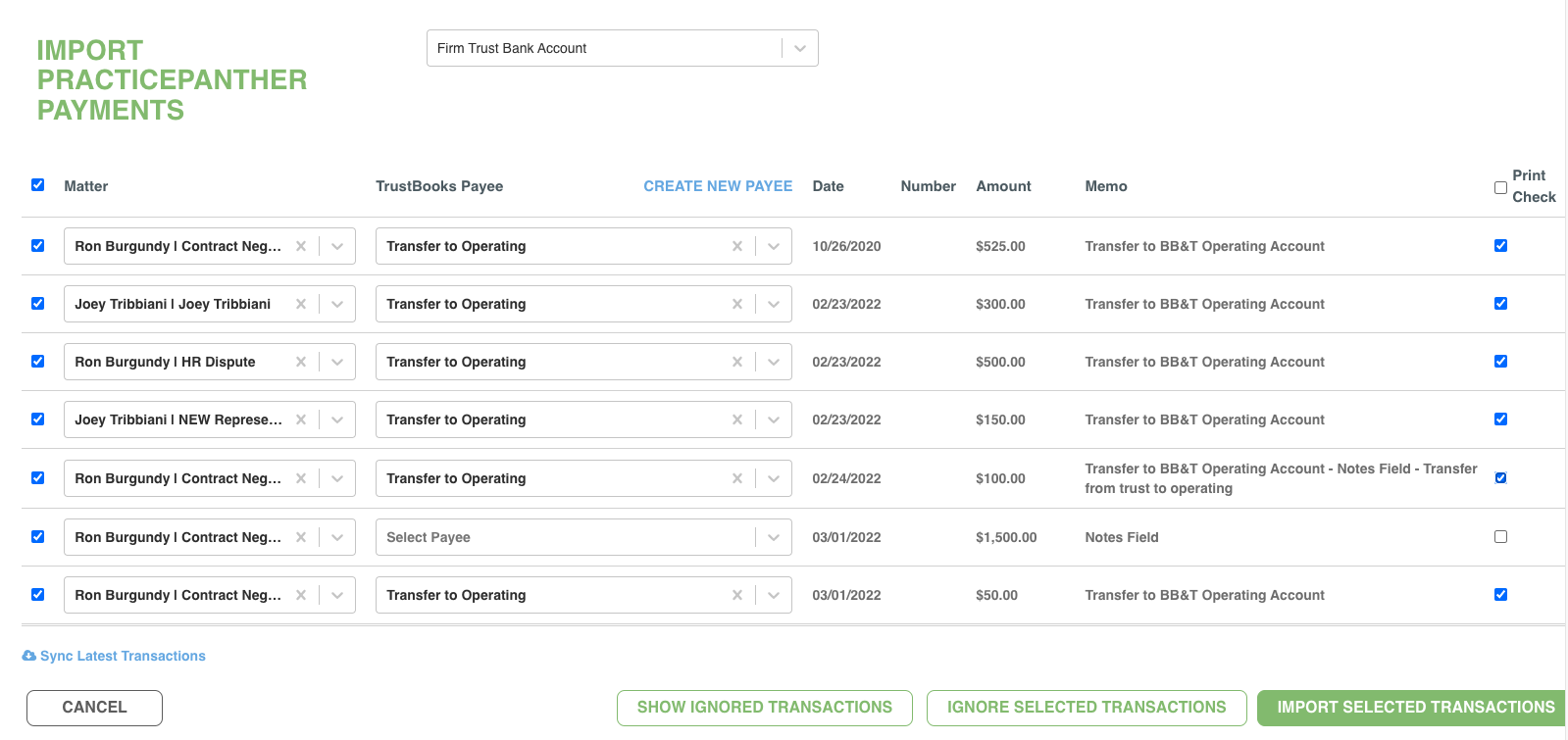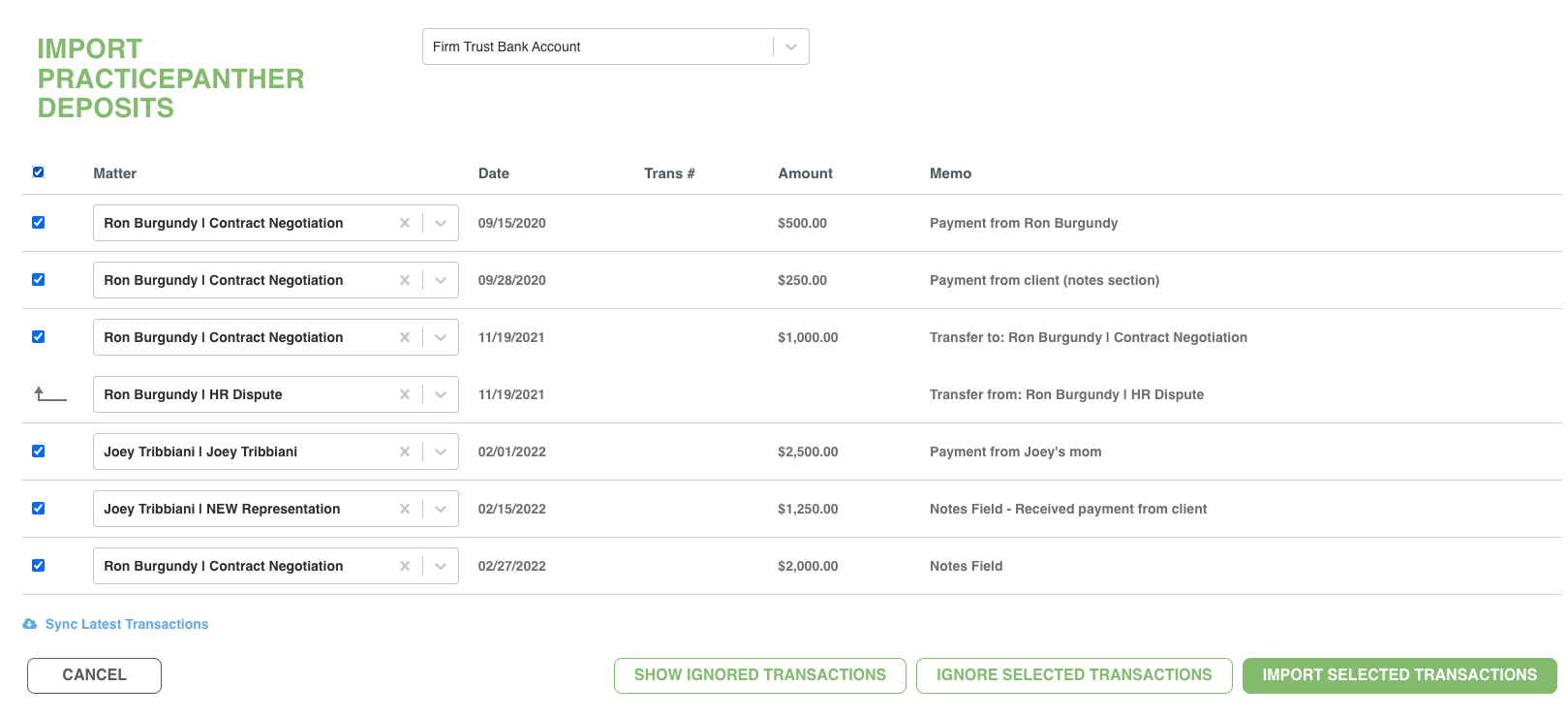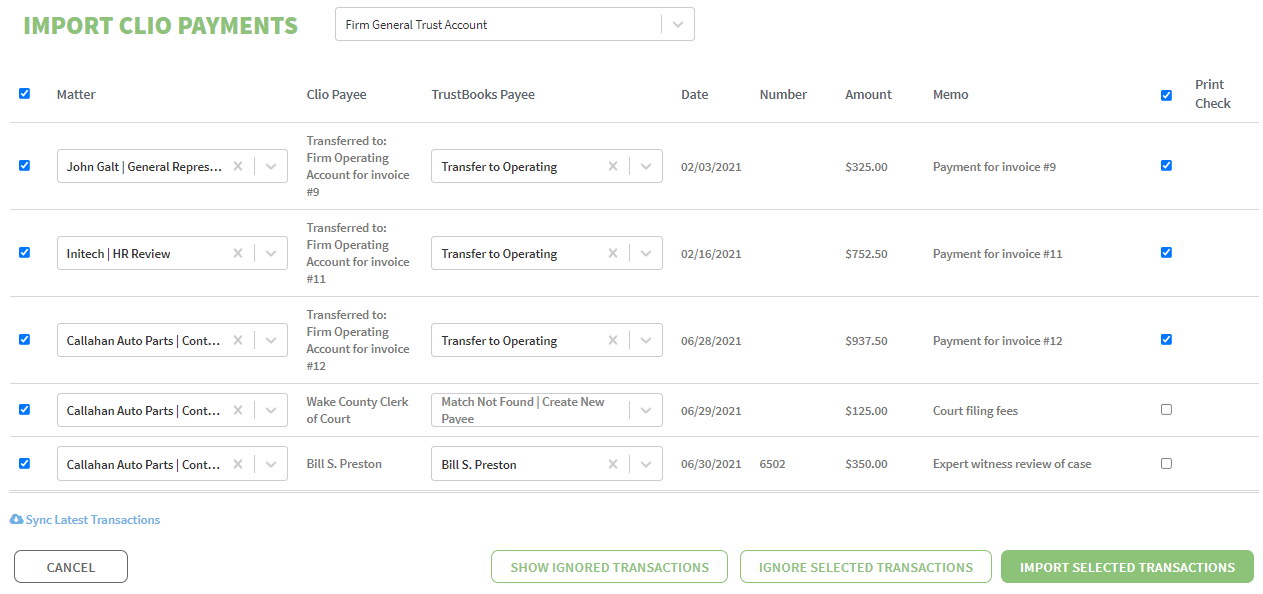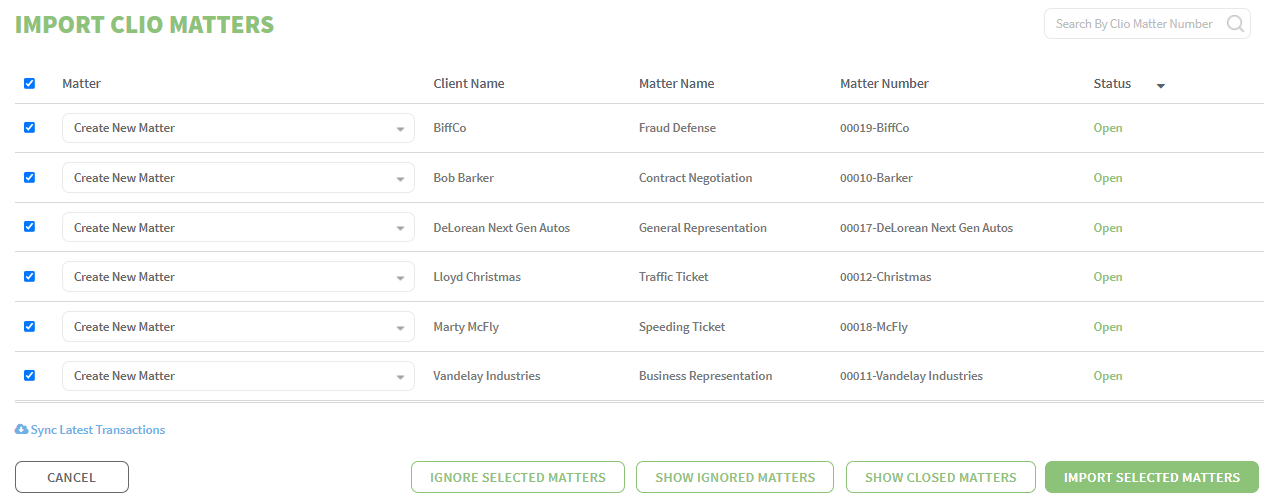As an attorney, you know there’s more to trust accounting than receiving and disbursing money. It also involves properly recording transactions, preparing reports, and reviewing the account. And to make the process more complex, there are monthly and annual tasks that you don’t want to miss. The Florida Bar sets the minimum trust accounting procedures in Chapter 5 of its rules. To help you understand your responsibilities for maintaining your trust accounts, we’ve summarized the rules below.
1. At the start
When you open your trust account at the bank, you must authorize them to report any account overdraft or bounced check to The Florida Bar. And you can’t have overdraft protection on your trust account.
2. Monthly tasks
You’ll need to complete a three-way reconciliation between your bank statement, your trust ledger, and your client ledger(s). For more information on how to do this, read our article on how to perform a three-way trust reconciliation.
3. Annual tasks
In addition to the monthly tasks, there are two annual tasks you’re required to complete. Each year, between June 1 and August 15, you’ll need to file your annual trust accounting certificate with The Florida Bar. Failing to do so can have serious consequences because you will be deemed a delinquent member and ineligible to practice law. Also, you’ll need to prepare a detailed list of each client’s trust balance.
4. Record Retention
You might be thinking, “How long do you have to keep these records?”. All of the reconciliations, reports, and lists described above must be maintained for at least six years after the final conclusion of your representation of the client. Using a trust accounting software can help with the reconciliations and reports and reviewing your procedures on a regular basis will help ensure you remain in compliance with The Florida Bar’s requirements.















